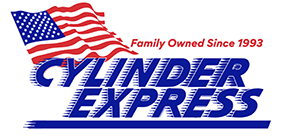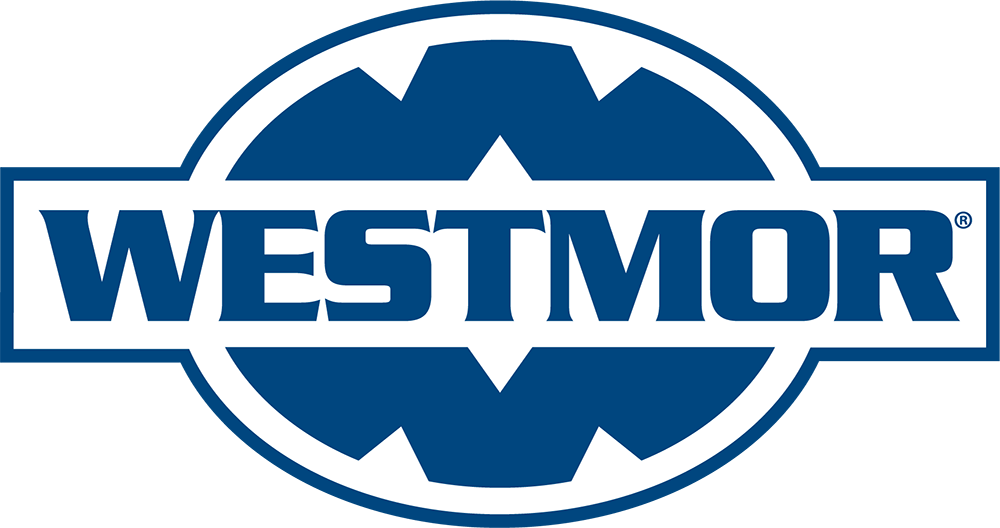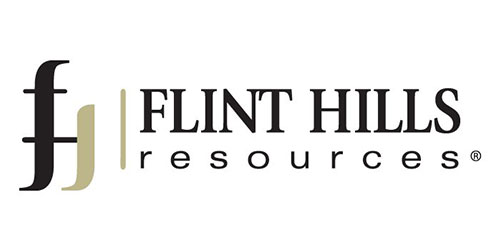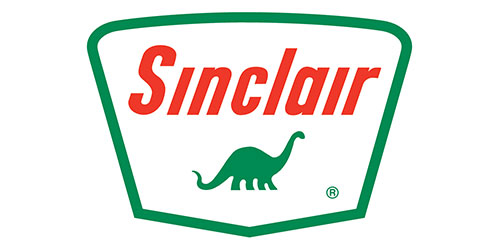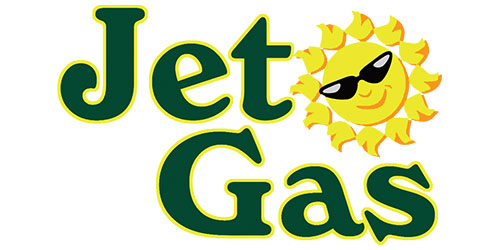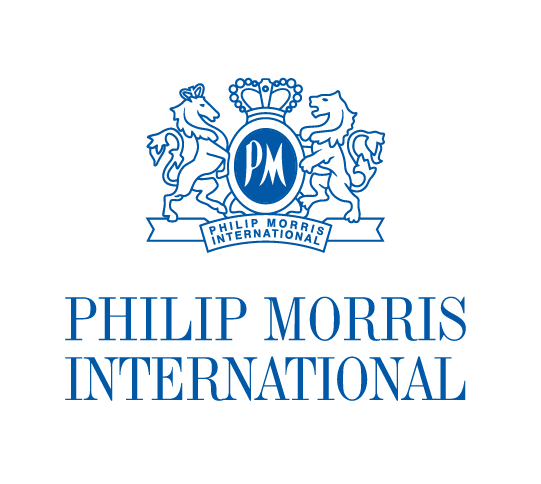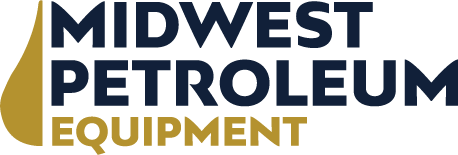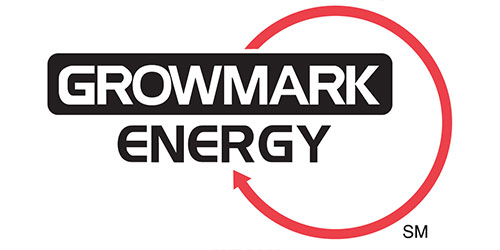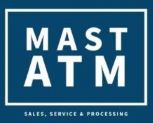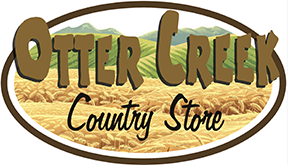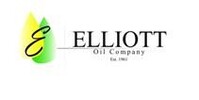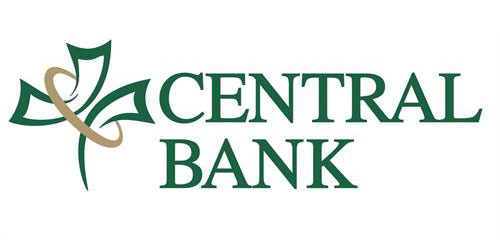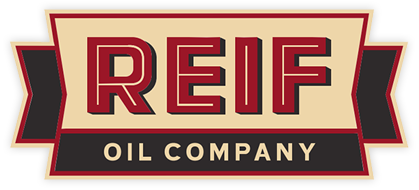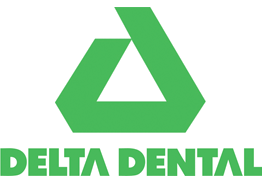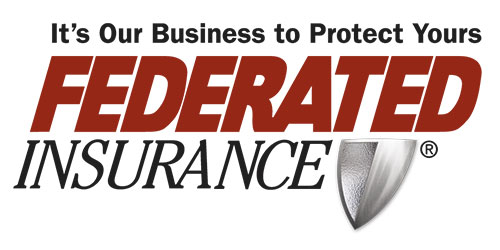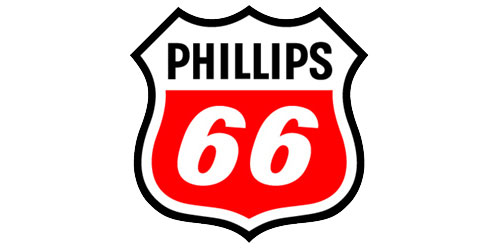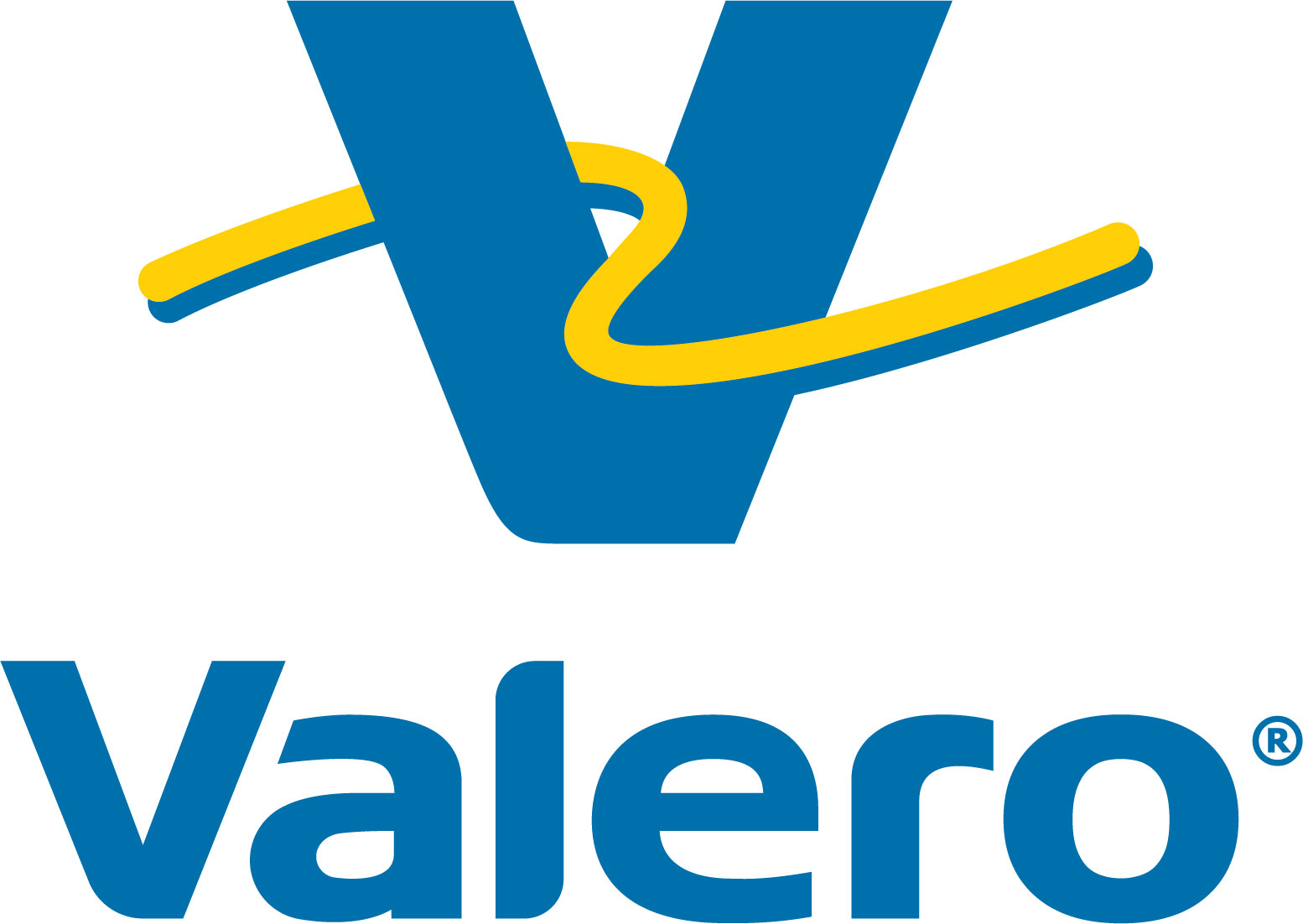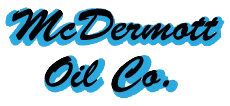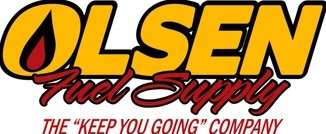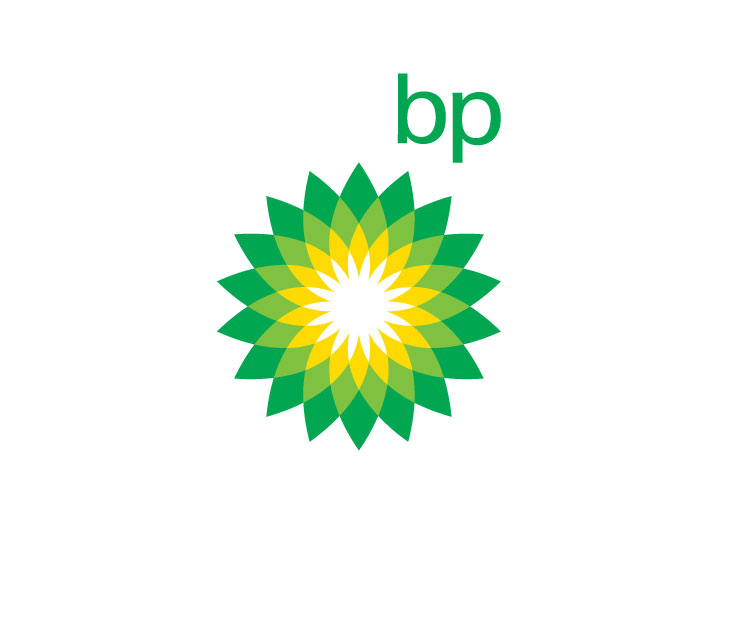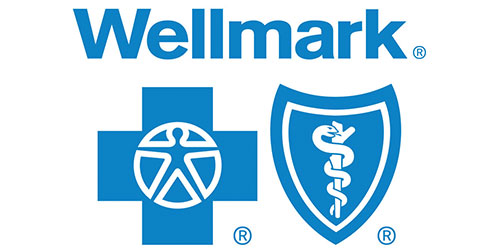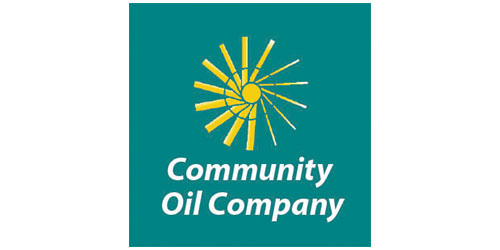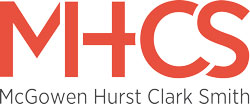
Federal and State Tax
Excise Tax Rates, Credits, Incentives
Iowa Environmental Protection Charge Fee
Iowa petroleum marketers ceased collection of the environmental protection charge beginning January 1, 2017.
Ethanol Promotion Tax Credit (RFS Schedule)
Under the RFS schedule, retailers must maintain certain levels of renewable fuel sales to qualify for these incentives. The state creates two tiers for retailers of gasoline, those selling more 200,000 gallons of gasoline annually and those selling 200,000 gallons or less annually. For example, in the 2018 calendar year, retailers must have replaced 23% (19% for retailers selling less than 200,000 gallons of gasoline annually) of their gasoline sales with renewable fuels to qualify for the top incentive of 8 cpg on each gallon of E-100 sold. If a retailer comes within two percent of reaching that goal, they would qualify for 6 cpg, and if they are within four percent of the goal, they would qualify for 4 cpg.
|
Year |
More than 200,000 Gas Gallons Annually |
Less than 200,000 Gas Gallons Annually |
|
2017 |
21% |
17% |
|
2018 |
23% |
19% |
|
2019 |
25% |
21% |
|
2020 |
25% |
25% |
If a retailer comes within two percent of reaching that goal, they would qualify for 6 cpg, and if they are within four percent of the goal, they would qualify for 4 cpg.
The retail dealer determines the biofuel percentage by summing pure ethanol and pure biodiesel gallons sold during the calendar year and dividing that sum by the total gasoline gallons sold during the calendar year. While the biodiesel gallons are included in the computation of the biofuel percentage to determine if the threshold is met, only the pure ethanol gallons sold are used in determining the amount of the credit. Retail dealers may elect to compute the tax credit on a site-by-site or company-wide basis. All sales to end-users are eligible for the credit, including tank wagon sales and transport deliveries, and the credit may be claimed on Iowa Form 137.
E-85 Promotion Tax Credit
Prior to CY 2011, the per gallon incentive for selling E-85 was 20 cpg and beginning January 1, 2011, it was cut in half to 10 cpg. During the 2011 legislative session, the credit was increased to 16 cpg effective January 1, 2012, and this tax credit is repealed January 1, 2025. Iowa defines E-85 as containing between 70%-85% by volume ethanol. All sales to end-users are eligible for the credit, including tank wagon sales and transport deliveries, and the credit may be claimed on Iowa Form 135.
E-15 Plus Tax Credit
In 2011, the legislature created a new E-15 tax credit that is similar in application to the current E-85 promotion tax credit. The E-15 plus tax credit is available to retailers who sell E-15 to E69 but the tax credit does not include E-85. The tax credit applies as follows: Beginning in 2014, the tax credit rate is 3 cpg sold throughout the year, except June 1 through September 15, when the rate increases to 10 cpg. This credit can be claimed in addition to the incentives received under the state of Iowa RFS (Ethanol Promotion Tax Credit) and is repealed on January 1, 2025. All sales to end-users are eligible for the credit, including tank wagon sales and transport deliveries, and the credit may be claimed on Iowa Form 138.
Biodiesel Retail Tax Credit
Beginning January 1, 2018, a retail incentive was placed on B11+ blends of 5.5 cpg. Also on this date, B5-B10 blends will see their retail credit reduced from 4.5 cpg to 3.5 cpg. All sales to end-users are eligible for the credit, including tank wagon sales and transport deliveries, and the credit may be claimed on Iowa Form 8864.
Renewable Fuel Infrastructure Grant Program
Previously, $3 million per year was allocated from the Statutory Allocations Fund to the Renewable Fuels Infrastructure Fund (RFIF). The RFIF is a cost-share grant program that assists retailers in installing and upgrading equipment to dispense renewable fuels, including ethanol and biodiesel. During the 2018 legislative session, state lawmakers provided one-time funding for the program through the Rural Infrastructure Investment Fund. Future funding of Iowa’s Renewable Fuel Infrastructure Grant Program will once again be a priority for FUELIowa during the 2019 legislative session. The grant program’s current balance of funds is approximately $2M.
To learn about upcoming deadlines for applications, click here.
Federal and State Taxes
Federal
8849 – Claim For Refund of Excise Taxes
Schedule 1 – Nontaxable Use of Fuels
Schedule 2 - Sales by Registered Ultimate Vendors
Schedule 3 - Certain Fuel Mixtures and the Alternative Fuel Credit
Schedule 5 - Section 4081(e) Claims
Schedule 6 - Other Claims
Schedule 8 – Registered Credit Card Issuers
Form 720 – Quarterly Federal Excise Tax Return
Form 2290 – Heavy Highway Vehicle Use Tax Return
Form 4136 – Credit For Federal Tax Paid on Fuels
Form 637 – Application For Registration (Certain Excise Tax Activities)
Popular 637 Designations: M (blender), UV (Ultimate Vendor), UP (Ultimate Vendor of Kerosene Sold Through A Blocked Pump)
Form 8911 – Alternative Fuel Vehicle Refueling Credit
Publication 510 – Excise Taxes Including Fuel Tax Credits and Refunds (appendix includes IRS Model Certificates A – S)
State
|
Iowa Department of Revenue Hoover State Office Building State Motor Fuel Excise Tax Information
Popular State Motor Fuel Excise Tax Forms State Tax Credits: Iowa Department of Revenue Tax Credit Forms Search
State Sales Tax Information Sales and Retailer's Use Tax Information Local Option Tax Local Option Tax Information Including Jurisdictions Property Tax Information |


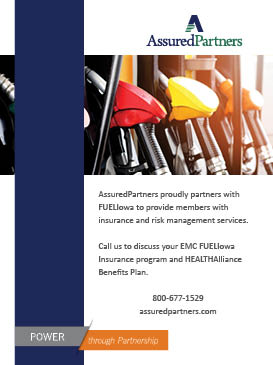

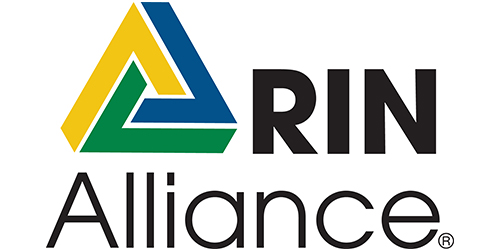

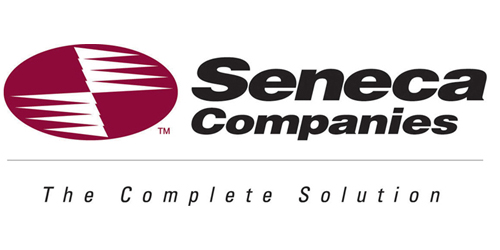
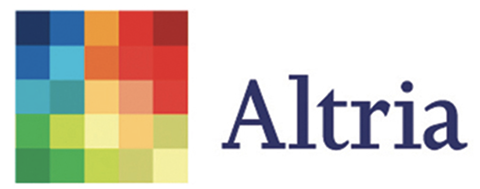

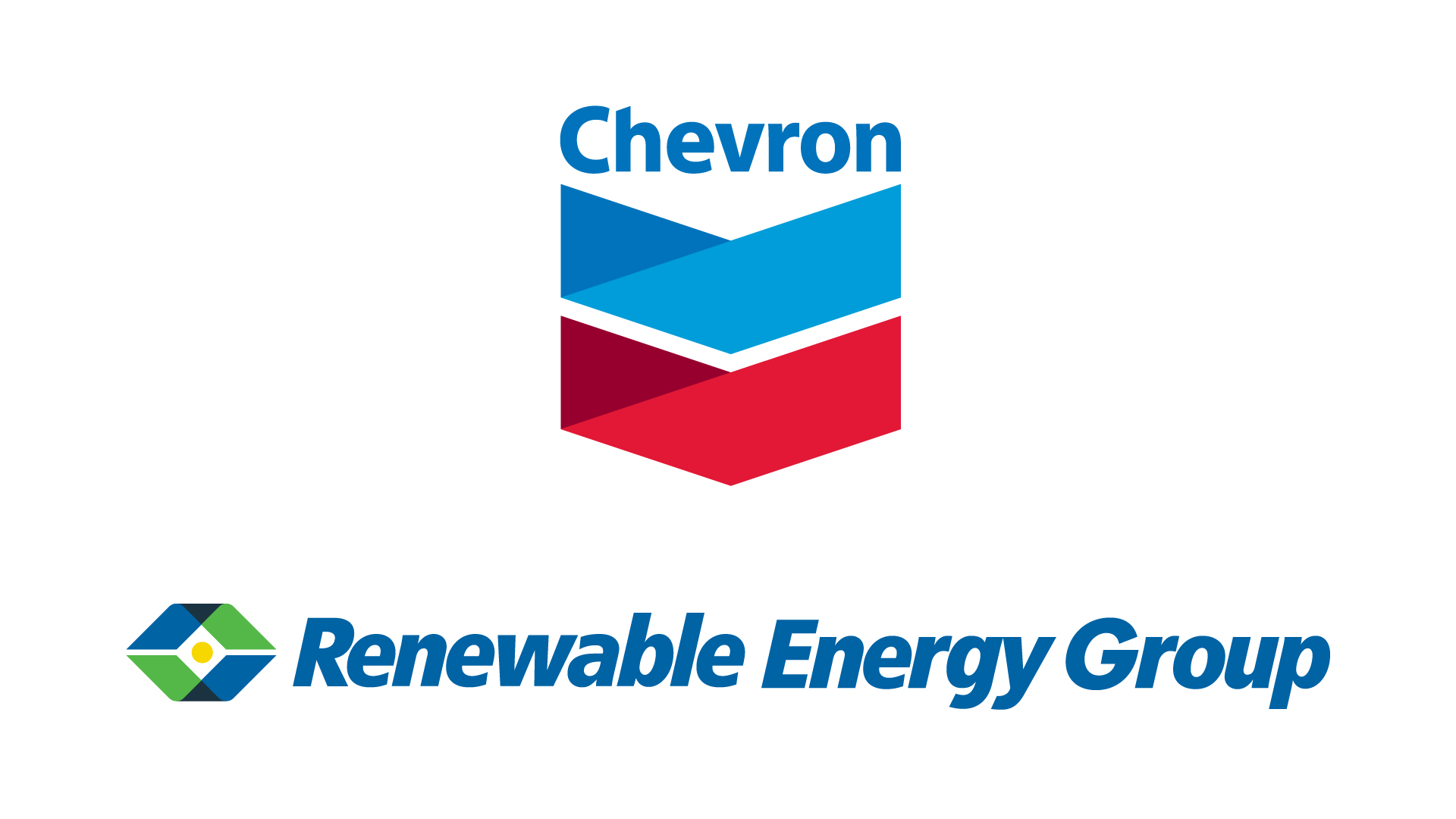
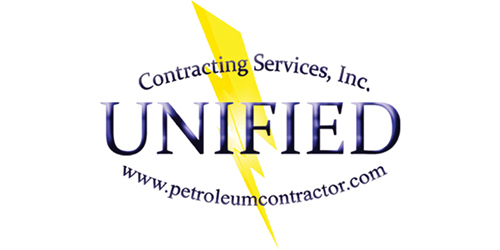
.png)

